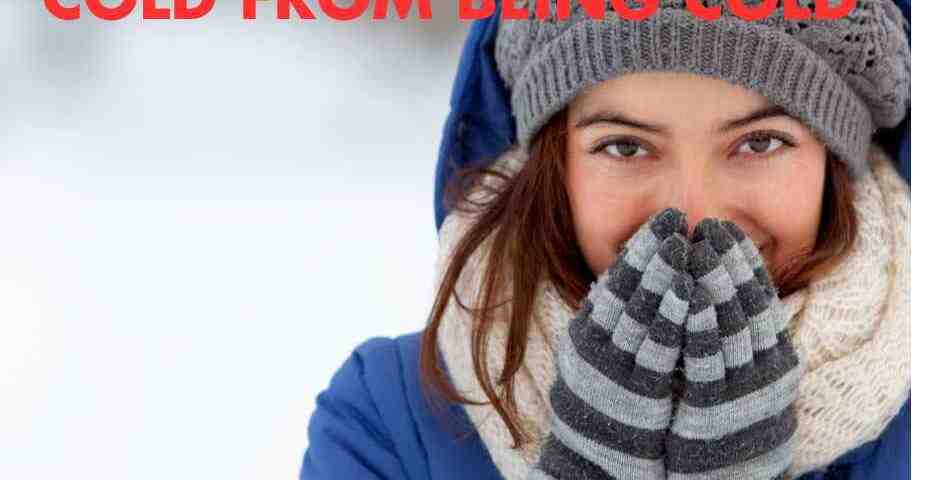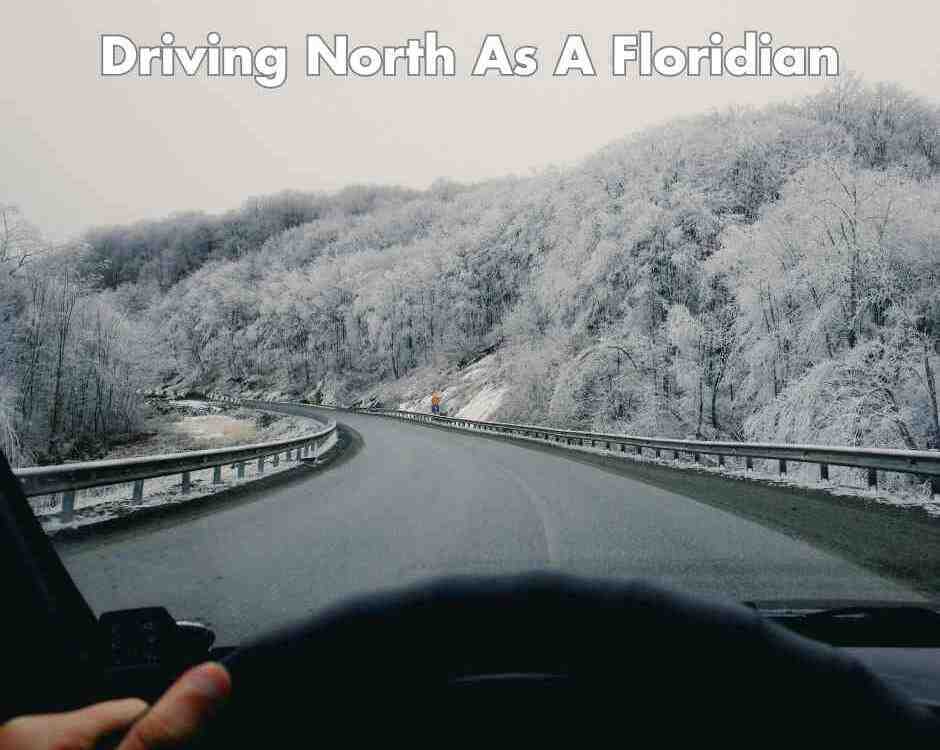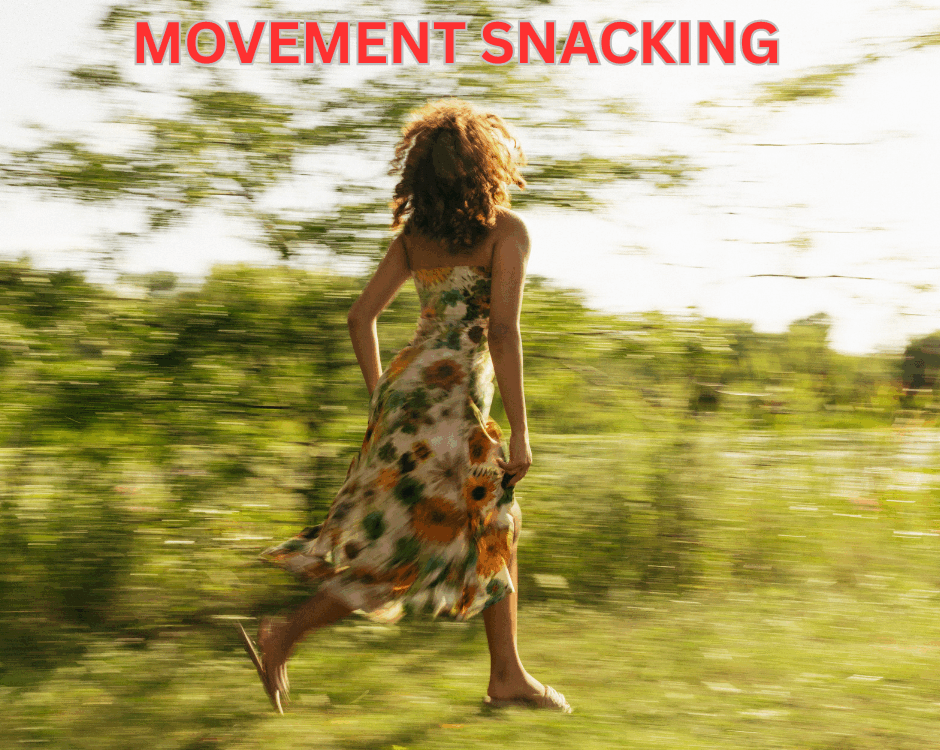You Can’t Catch a Cold From Being Cold

Don’t Plug These In to a Power Strip Over The Holidays
December 6, 2024
When It’s Okay Not to Wash Broccoli
December 6, 2024- Accident doctor
- accupuncture
- airplane headache
- alzheimer's
- best habits
- Brain Injuries
- car accident
- car accidents
- cervical strain
- colds
- concussion
- Concussions
- disc bulge
- dosage meds
- dry needling
- dull pain
- E bike injuries
- florida
- good posture
- headaches
- Headrest positions
- Headrest positions after an accident
- Healthy choices
- Healthy flying
- healthy gift guide
- Healthy SPring Ideas
- hip pain
- hyperextension
- injury doctor
- insurance
- Kayaking
- kentucky
- kids motion sickness
- lifestyle
- motion sickness
- neck injury
- no fault insurance doctor
- noise healing
- osteoporosis
- pain symptoms
- pink noise
- posterior chain
- posture
- prevent osteoporosis
- Rest
- Scoliosis
- shoulder pain
- Stress with kids after a motor vehicle accident
- TBI
- tips
- tmj
- torn muscle
- Traumatic Brain Injury
- trigger points
- VitaminD
- What are Post Traumatic headaches?
Why You Cannot Catch a Cold from Being Cold
As the temperature remains below freezing outside, we start hearing the saying once again, “Bundle up, or you’ll catch a cold!” I am Dr. Aaron Workman of Chambers Medical Group, one of the highest rated car accident medical care programs in Kentucky, and I will share my prospective of “Bundle up, or you’ll catch a cold!” This phrase is as old as I can remember, but it is something I hear weekly from at least one person in the clinic. Most of the time it is just a nice part of a conversation, and we move on to the next topic, but occasionally there are some that would like to know if the saying is true. Fortunately, you cannot catch a cold simply from being cold, but understanding the real cause of colds can help you separate old sayings from truth.
The Cause of the Common Cold
Colds are caused by viruses, most commonly the rhinovirus. Those tiny virus particles spread through droplets that project from an infected person’s body through sneezing, coughing, or talking. You can also catch a cold from touching something that has been contaminated by an infected person by touching their runny nose and then touching a surface. This may be from doorknobs, elevator buttons, handrails, and anything out in public that you may touch and then touch your face. The cold virus can last up to a week on these types of surfaces but thankfully is only infectious in those first 24 hours depending on the surrounding conditions.
Temperature plays no direct role in the spread of these viruses. It does not activate the virus or make it more contagious. Instead, colds are more common during cooler months because people spend more time indoors, where they are in close contact with others. Enclosed spaces create the perfect environment for viruses to spread.
Why We Associate Colds with Cold Weather
- Activity Changes: During colder months, people gather indoors to stay warm. Everyone staying indoors makes it easier for viruses to spread from one person to another.
- Dry Air: Cold air tends to be drier, which can dry out the protective mucous membranes in your nose. This is one of our important filtration systems. When these membranes are dry, they are less effective at trapping and eliminating viruses, increasing your chances of getting infected.
- Seasonal Patterns of Viruses: Many viruses that cause colds thrive in cooler, less humid conditions. The combo of environmental factors and everyone staying indoors creates a seasonal increase in infections.
Being cold does not directly weaken your immune system. However, prolonged exposure to extreme cold without proper clothing can put physical stress on your body, which might temporarily reduce your immune defenses. This activity may lead you to hypothermia or frostbite and is still not a main cause of the colds we get during the winter season. I personally dislike being cold, but my immune system is going to fight off an infection it sees yearly regardless of the temperature outside.
Being cold will not cause you to get a cold, but a cold virus will. I prefer the nice warmth of summer and autumn, but this is more about just being comfortable and enjoying the outdoors during summer months. Preventing a cold requires working on a good immune system year-round and decreasing your risk around people who are sick. So, this holiday season, go out and enjoy yourself without the worry of getting sick just because the temperatures have dropped into a bitter cold.
— This article is written by Aaron Workman, DC, one of the members of Chambers Medical Group’s team of car accident chiropractors who offer a variety of treatments and therapies ranging from diagnostic testing to various soft tissue therapies for car accidents and injuries in Kentucky.
- Car Accident Medical Clinic in Tampa
- Car Accident Medical Clinic in Plant City
- Car Accident Medical Clinic in Brandon
- Car Accident Medical Clinic in Lakeland
- Car Accident Medical Clinic in Sarasota
- Car Accident Medical Clinic in Louisville
- Car Accident Medical Clinic in Lexington
- Car Accident Medical Clinic in Florence




